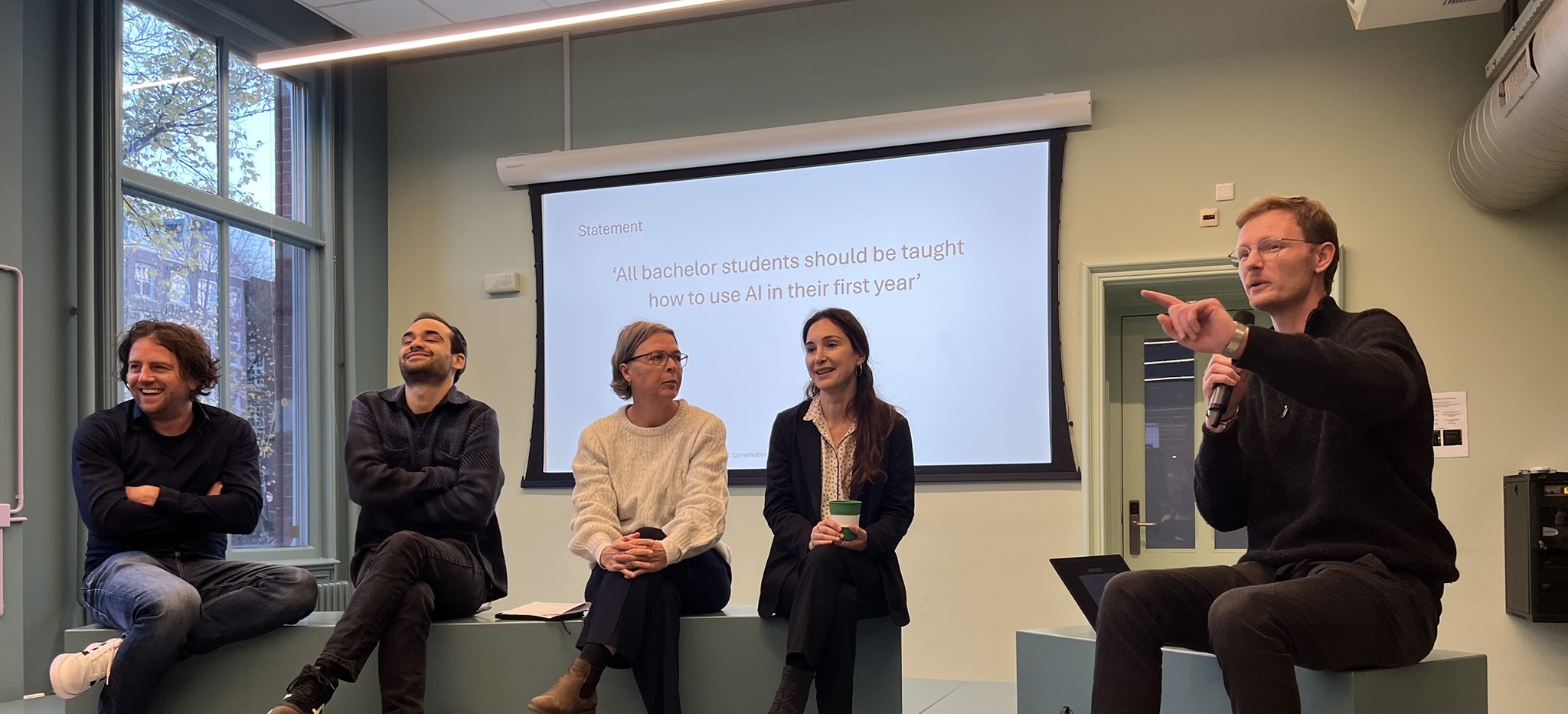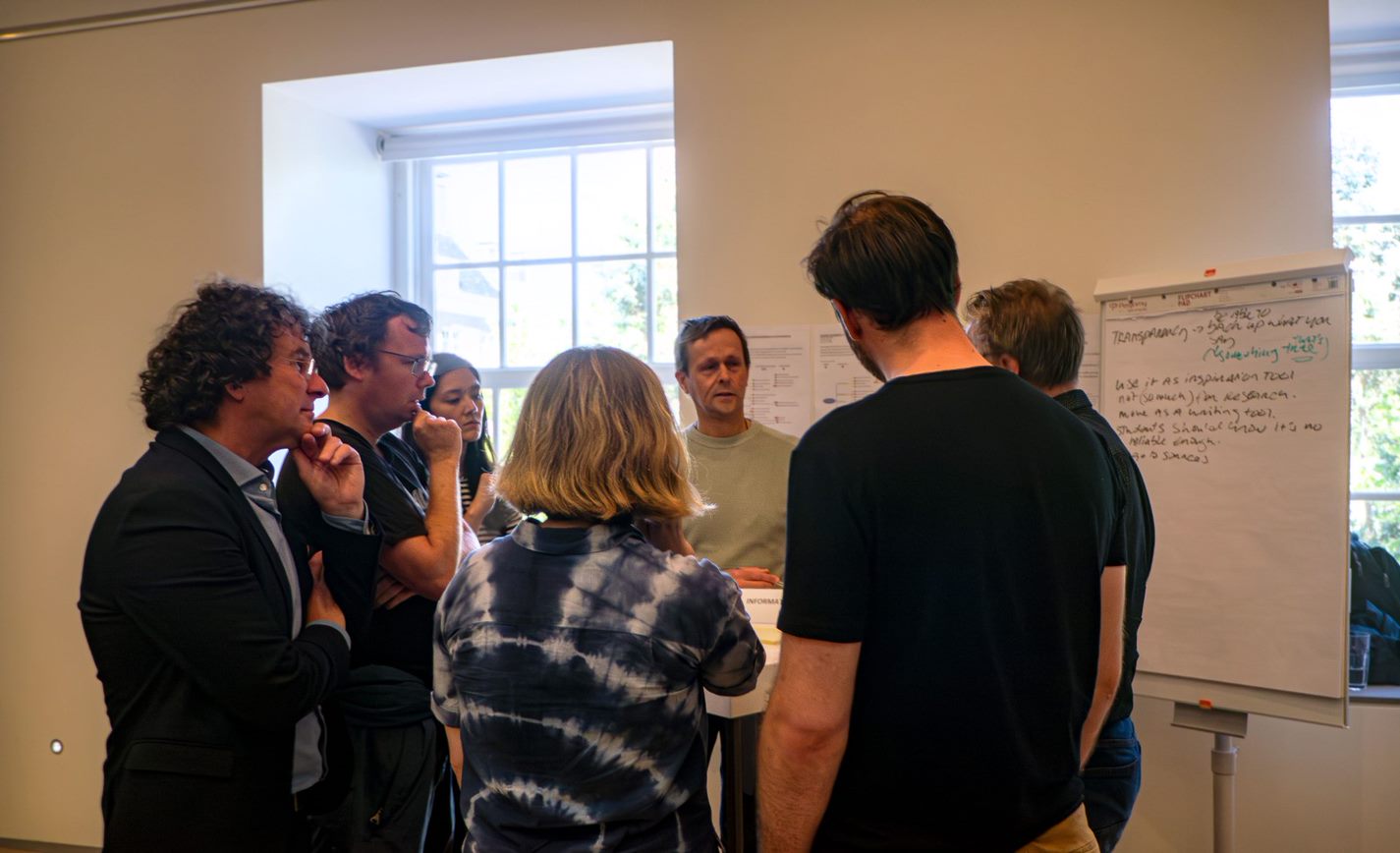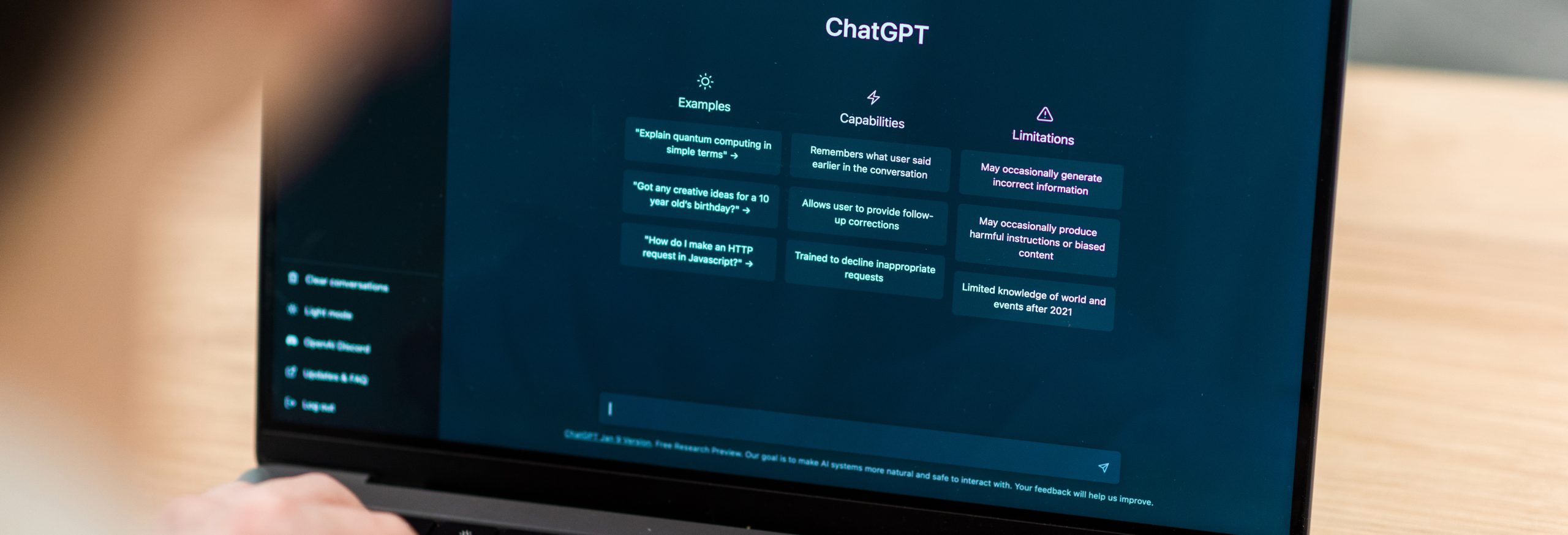Teaching & GenAI

Teaching & GenAI
Within the theme Teaching & GenAI, you can read more about GenAI as well as the challenges ánd opportunities it reflects in education. Also you’ll find practical support on how to (responsibly) make use of GenAI as a teacher.
The TLC network collects advice for and by teachers, but does not set any UvA policy or rules.
Continuous developments in Generative AI (GenAI) have a major impact on education and change the way we learn and teach. As does the development of UvA AI Chat, UvA’s own independent chat-based AI application.
Below you can find articles from the TLC network about Teaching & GenAI. Also view the other didactic themes.

Hands-on AI: from hackathons to co-design sessions
Join the Hand-on AI event series and use your vision towards the future to help improve today’s education.

Innovations in the Business Research Methods course
Stefan Mol and John Gatev share their approach to innovating the Business Research Methods course with Generative AI.

Recap: Teaching Tomorrow - exploring GenAI in education
The rise of Generative Artificial Intelligence (GenAI) is reshaping education. It offers opportunities but also challenges and food for thought. Within several faculties, AI tools are already being used in an ethically responsible way. Reason enough for the Special Interest Group (SIG) for Educational Use of AI to organize an event on 19 March 2024.

Vulnerabilities in assignment requirements: the assignment does not require course-specific knowledge

GenAI & assessment
What if students can pass assignments or entire courses by using GenAI? We know that most students already make use of GenAI for both formative and summative assignments, and that there is no way to avoid this with non-supervised assessments. How can we disign education and assesment differently to prevent unauthorised GenAI use? And what are ethical ways to use GenAI as a teacher?

AI Maturity in Education Scan (AIMES)
Artificial Intelligence (AI) is rapidly and dramatically changing the education landscape. This is why the UvA and VU have joined forces to develop the AI Maturity in Education Scan (AIMES). This scan contributes to increasing AI Literacy of lecturers, programme directors and faculty administrators.

SIG Educational Use of AI
The SIG is a network of educators working or interested in integrating GenAI into education in an ethical way. If you are a lecturer, teacher, researcher, examiner, or policy advisor with an interest in the intersection of AI and university education, we invite you to join the SIG.

AI and education at the UvA: a lecture and discussion with rector magnifcus Peter-Paul Verbeek
On June 8, 2023, the TLC hosted an event to discuss the role of AI within education at the UvA. The rector magnificus provided a lecture followed by an open discussion. Read more about the course of the event and the most important outcomes here.

Responsible use of GenAI (resources)
View the e-learning about GenAI for teachers and teaching assistants. Also find the e-learning for students and several examples of what GenAI can do for teachers and students.






